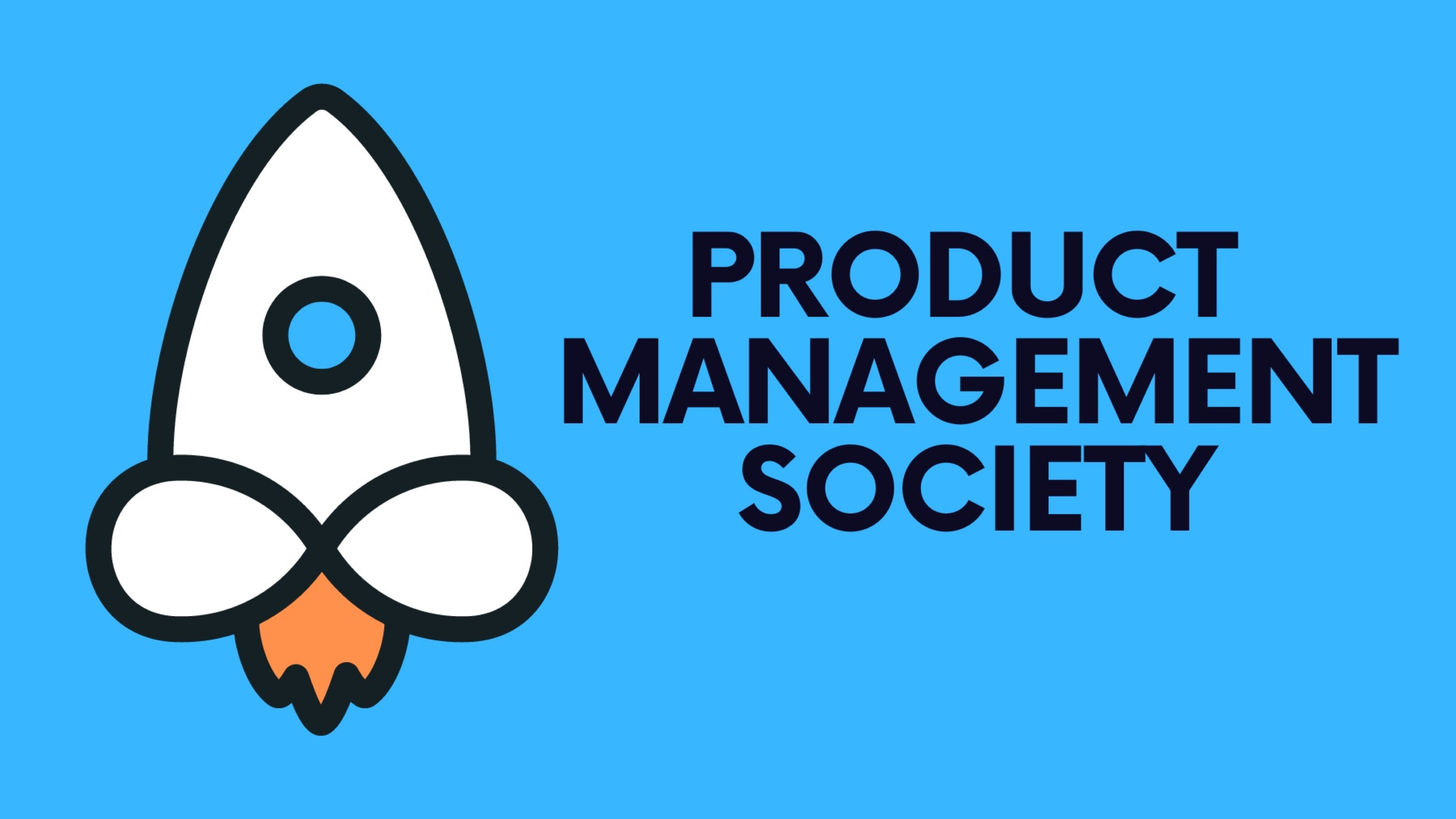Welcome to the world of product management - a realm where creativity meets strategy, and vision turns into reality. If you're aspiring to become a product manager or just curious about what this buzzword-packed profession entails, you're in the right place. Let's demystify product management together.
What Is Product Management?
At its core, product management is the art and science of making sure a product successfully meets the needs of its customers. It's a multidisciplinary role that blends elements of business, technology, and user experience. A product manager (PM) acts as a bridge between the business goals, the team's efforts, and the customer's needs.
Thanks for reading Product Management Society! Subscribe for free to receive weekly new posts 🚀
The Role of a Product Manager
Imagine a conductor of an orchestra. Just as the conductor ensures each section comes together to create a harmonious symphony, a product manager ensures all parts of the organization work together to build and improve products that customers love. Key responsibilities include:
- Defining the Product Vision: The PM sets the long-term vision and strategy for the product, aligning it with company goals.
- Understanding Customer Needs: Through research and feedback, PMs deeply understand what customers want and need.
- Prioritizing Features: Deciding what features to build and in what order, based on what will bring the most value.
- Collaborating Across Teams: Working with engineers, designers, marketers, and others to build and launch features.
- Analyzing Performance: Using data to understand how well the product is doing and making decisions based on that.
Why Is Product Management Important?
In today's fast-paced business world, product management is critical. It ensures that:
1. Products Stay Relevant: By continually adapting to customer needs and market changes.
2. Resources Are Well Utilized: Focusing on the right features means not wasting time and money.
3. Cross-Functional Teams Are Aligned: Everyone works towards a common goal, reducing conflicts and inefficiencies.
The Evolution of Product Management
Product management has evolved significantly over the years. From its early days in the 1930s at Procter & Gamble to the tech-driven approach today, it has always been about understanding the market and delivering products that customers want ( Haines, Steven. The Product Manager's Desk Reference. 2nd ed., McGraw-Hill Education, 2014).
Skills and Traits of a Successful Product Manager
Successful product managers often share certain skills and traits, such as:
- Empathy for Customers
- Strategic Thinking
- Excellent Communication
- Data-Driven Decision Making
- Adaptability and Resilience
Conclusion
Product management is a dynamic and exciting field that is crucial to the success of modern businesses. It's about understanding what people need and figuring out how to give it to them in the most effective way possible. If you love solving problems, working with diverse teams, and seeing your ideas come to life, product management might just be the perfect field for you.
Stay tuned for our next article in this series, where we'll dive into the historical evolution of product management and how it has shaped the role today.
If you’re finding this newsletter valuable, consider sharing it with friends, or subscribing if you aren’t already. Also, consider coming to one of our Meetups and following us on LinkedIn ✨
Thanks for reading Product Management Society! Subscribe for free to receive new weekly posts 🚀







